Top 3 Financial Mistakes Small Business Owners Make
June 10th, 2025
5 min read

Running a small business means wearing a lot of hats—owner, marketer, HR manager, and often, the bookkeeper too. It’s like trying to play quarterback and coach at the same time. You’re calling the shots, running the plays, and hoping everything comes together by the end of the quarter.
At first, it might feel like the most cost-effective way to grow. You’re scrappy. You’re resourceful. You want to be involved in every part of your business. But when it comes to handling your finances solo, things can spiral fast.
From tax penalties and payroll audits to cash flow surprises and missed growth opportunities, financial missteps can carry real—and sometimes lasting—consequences.
The good news? These mistakes are common and preventable. Let’s break down the three biggest financial pitfalls that small business owners face and how you can avoid them.
1. Keeping Inaccurate and Outdated Financial Records
This is the most common—and often most damaging—financial mistake small business owners make. Accurate bookkeeping isn’t just about tracking money in and out. It’s the foundation for everything else: tax filings, payroll processing, decisions, and long-term business success.
Why This Happens
Many owners are overwhelmed, unsure of what to track, or believe their business is too small to need formal accounting systems. Others rely solely on their bank balance as a financial dashboard, not realizing that major transactions like loan repayments, equipment purchases, or owner withdrawals are missing from the picture.
When the books don’t reflect reality, even basic decisions become risky. You may think you’re profitable or have cash to spend, when in fact, you're already in the red.
The Consequences
Poor bookkeeping can lead to:
- Inaccurate tax filings or missed deadlines that lead to penalties and interest
- Missed deductions, which means paying more in taxes than necessary
- Surprise cash flow issues, making it hard to cover expenses when they hit
- Lack of visibility into your company’s financial health, which hurts your ability to grow, invest, or even stay afloat
Imagine thinking you have $20,000 in the bank and spending it on new equipment—only to realize later that you forgot to account for payroll, quarterly taxes, or vendor payments. That’s a cash flow crunch that could put your business at risk.
How to Avoid It
- Use cloud-based accounting software like QuickBooks Online to keep things organized and synced with your bank accounts.
- Create a monthly bookkeeping routine—set aside time to review income, expenses, and reconcile your accounts.
- Work with an accounting professional to clean up your records and stay current. Even a quarterly review can catch problems early before they snowball.
Keeping accurate books isn’t just good practice—it’s how you take control of your business. When your numbers are up to date, you make smarter decisions, avoid surprises, and run your company with confidence.
2. Ignoring Payroll and Tax Compliance
Payroll might seem simple at first—just cut the check, right? But behind the scenes, payroll is one of the most regulated aspects of running a business. Add federal, state, and even local tax requirements to the mix, and it’s easy to see how small businesses get overwhelmed.
Staying compliant isn’t just about following rules—it’s about protecting your business from costly penalties, audits, and unnecessary stress.
Why This Happens
Many business owners start out managing payroll themselves using spreadsheets, free templates, or entry-level software. At first, it works. But as the business grows, the rules get more complicated.
Owners may not know when to file payroll tax returns, how to calculate deposits, or how to classify team members correctly. Some don’t realize quarterly filings are required. Others miss year-end forms like 1099s or W-2s altogether.
The Consequences
Ignoring payroll and tax compliance can lead to:
- Late fees and interest on missed tax filings or payments
- IRS or state notices and audits that eat up time and energy
- Legal issues from misclassifying employees or failing to withhold the right taxes
- Stress and confusion trying to catch up or fix mistakes after the fact
Even a minor oversight—like failing to file a quarterly payroll return—can cost hundreds of dollars. Repeated mistakes can trigger audits or force you to deal with collections, garnishments, or account freezes.
And while some penalties can be waived, others stick with you—and hurt your reputation and cash flow long after the fact.
How to Avoid It
- Use a reliable payroll provider that handles everything from tax deposits to quarterly filings to W-2s and 1099s. Make sure they stay up to date with changing laws.
- Build a compliance calendar and track deadlines for all required payroll and tax filings at the federal, state, and local levels.
- Work with professionals who can respond to IRS notices, file corrections, and guide you through audits or disputes when they arise.
Remember, payroll isn’t just about paying your people—it’s about protecting your business from the hidden risks of doing it wrong. When you handle compliance the right way, you avoid distractions, reduce stress, and keep your focus on running and growing your business.
3. Failing to Plan for Taxes Year-Round
For many small business owners, tax season feels like something that only matters in April. But in reality, tax planning is a year-round process. Waiting until the spring to think about your taxes can cost you more than just money—it can cost you opportunities to grow and protect your business.
Smart tax planning is not about reacting to your accountant’s bill. It’s about using your numbers to make better decisions all year long. When you're proactive, taxes become a tool for growth instead of a source of stress.
What could that mean for you? Imagine knowing—months in advance—how much to set aside for taxes, confidently investing in new equipment, or finally giving that well-deserved raise to your best employee.
Being proactive can free you up to focus on what matters most: growing your business.
Why This Happens
Business owners wear a lot of hats, and it's easy to push tax planning to the bottom of the list. Many don’t look at their financials until tax time, and by then, most of the tactics that could have reduced their tax situation are off the table.
By treating taxes as a once-a-year event, they miss their chance to influence the outcome. What could’ve been a manageable bill becomes a financial surprise.
The Consequences
When you don’t plan for taxes throughout the year, you risk:
- Facing unexpected tax bills, especially if your business was more profitable than you realized
- Missing out on deductions, credits, or purchases that could’ve lowered your taxable income
- Disrupting cash flow, especially if the tax bill hits during a seasonal slowdown or after other major expenses
- Losing reinvestment opportunities, such as buying equipment or making hires that could support growth and reduce your tax situation
Waiting until March to get your financial picture is like showing up to a game without knowing the score until the final two minutes. There’s no time to adjust the plan, and that usually means taking a loss.
How to Avoid It
- Review your financial reports every month, including profit and loss statements and cash flow reports. Staying up to date keeps surprises at bay.
- Schedule a tax planning session in Q3 or Q4 to review your tax situation and look for savings opportunities.
- Plan ahead for big expenses, such as equipment or vehicles, and understand the tax benefits before purchasing.
When you treat tax planning as an ongoing part of your business, you gain control over one of your largest expenses. You’re not just lowering your tax bill—you’re making more informed, confident decisions with your money every step of the way.
Financial Clarity is Your Superpower
These three mistakes—falling behind on bookkeeping, missing compliance requirements, and failing to plan for taxes—are more common than most people realize. But they don’t have to hold your business back.
With the right tools, routines, and support, any business owner can move from reactive to proactive. And when your finances are clear, accurate, and under control, everything else in your business becomes easier.
You gain confidence. You make better decisions. You protect your profits. Most importantly, you reduce the stress and guesswork that can weigh you down.
Ready to Take Control?
If you see your own business in any of these mistakes, you’re not alone—and you don’t have to tackle it all by yourself.
Financial clarity isn’t just about avoiding penalties or catching up on paperwork. It’s about building a business that runs smoother, grows stronger, and gives you peace of mind.
At TMA Accounting, we specialize in helping small business owners get organized and confidently look ahead. Whether you’re behind on your books, overwhelmed by payroll, or ready to finally take control of your tax situation, we’re ready to help you every step of the way.
Let’s start the conversation. Reach out today for a free consultation and discover how simple and powerful it can be to get your financial house in order.
Blog Disclaimer: Nothing in this post constitutes legal, tax, or financial advice and is intended for informational and educational purposes only. This informational and educational material is not intended, and must not be taken, as legal, tax, or financial advice on any particular set of facts or circumstances or as recommendations that are suitable for any specific person. You need to contact a lawyer, accountant, or financial adviser licensed in your jurisdiction for advice on your specific questions, issues, and concerns. View our full Terms of Use here.






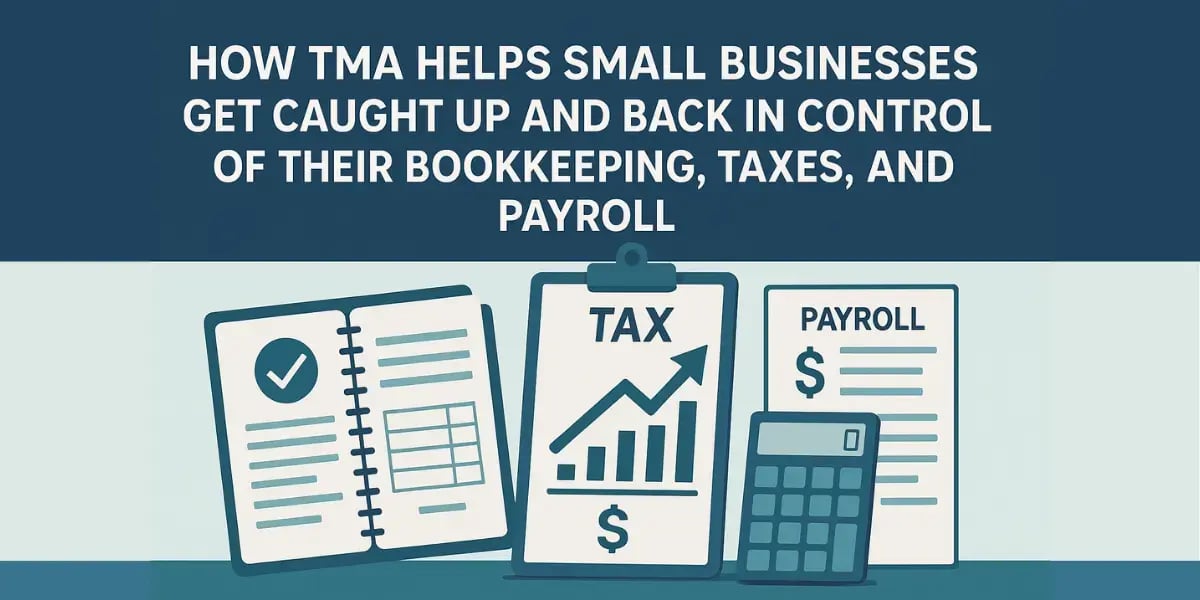

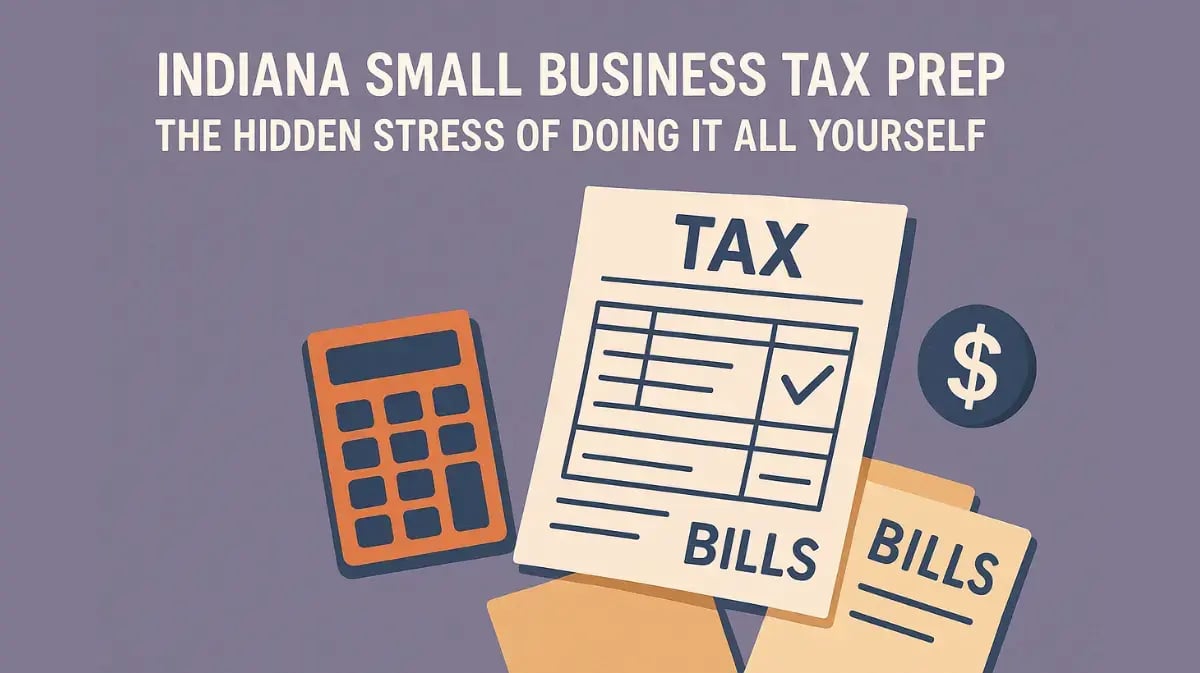




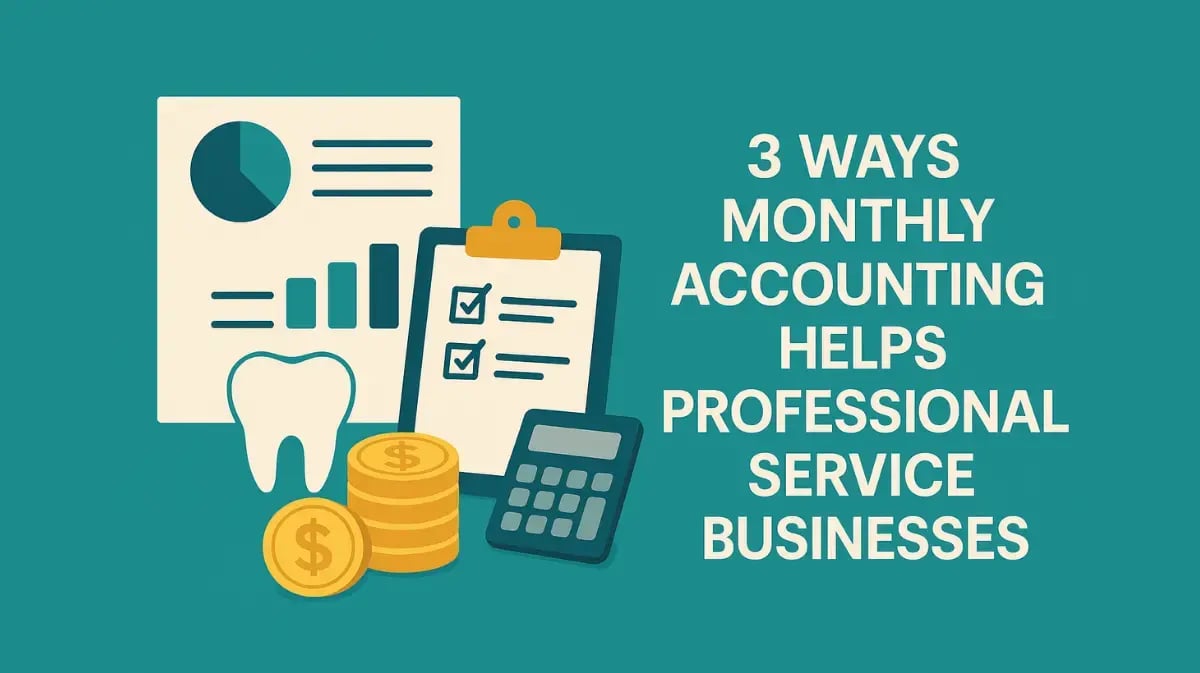
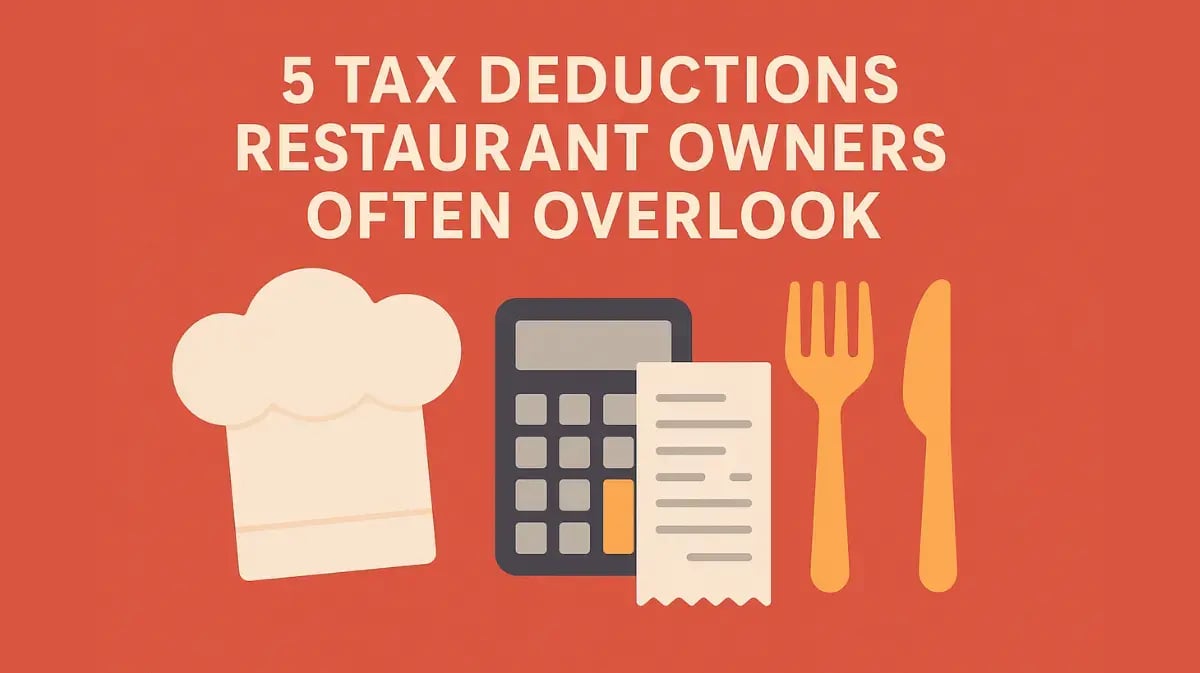


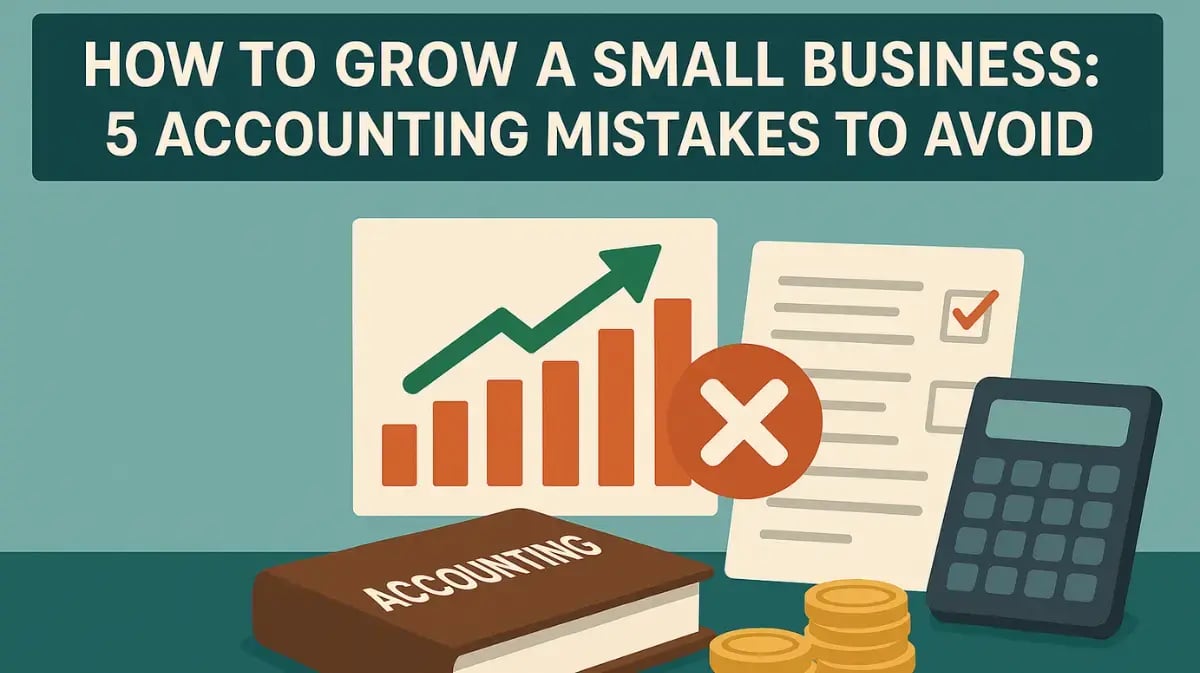
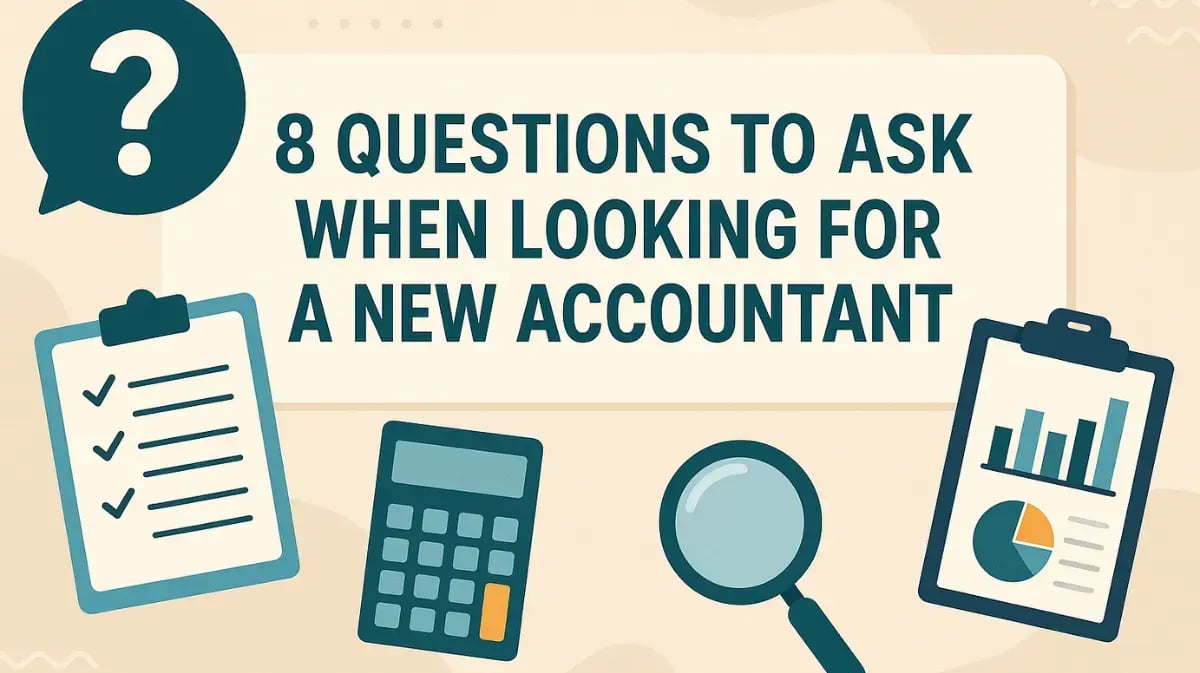
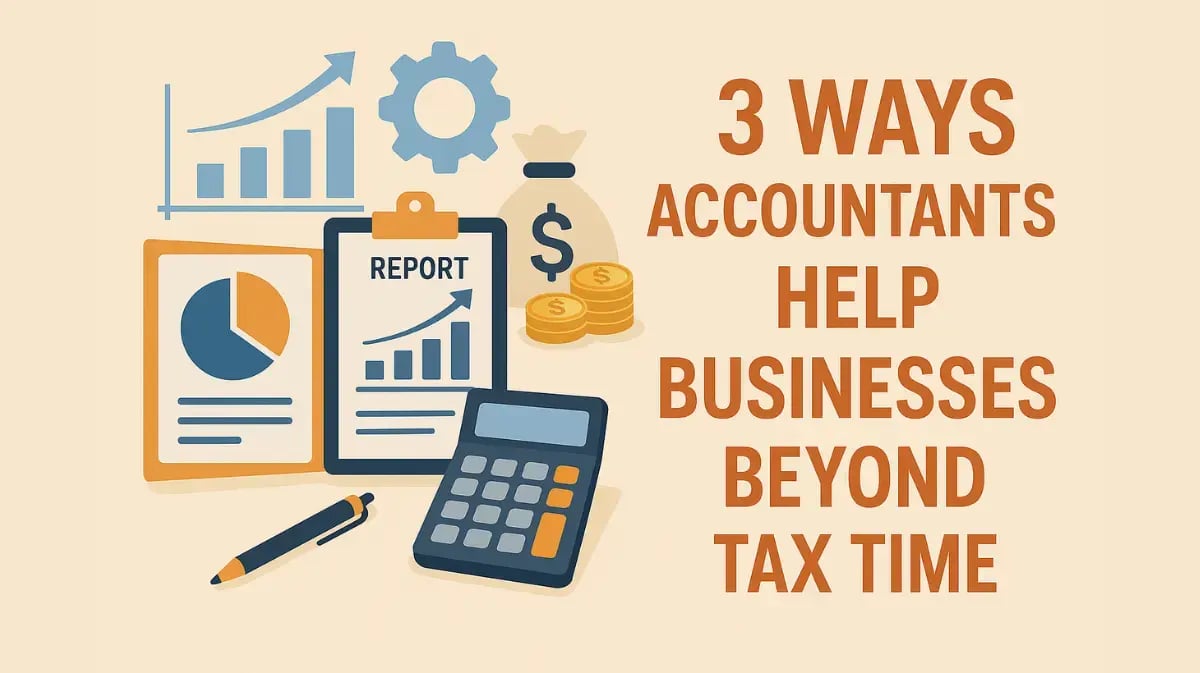



.webp?width=1200&height=673&name=5%20Common%20Accounting%20Frustrations%20(and%20How%20to%20Find%20a%20Better%20Solution).webp)